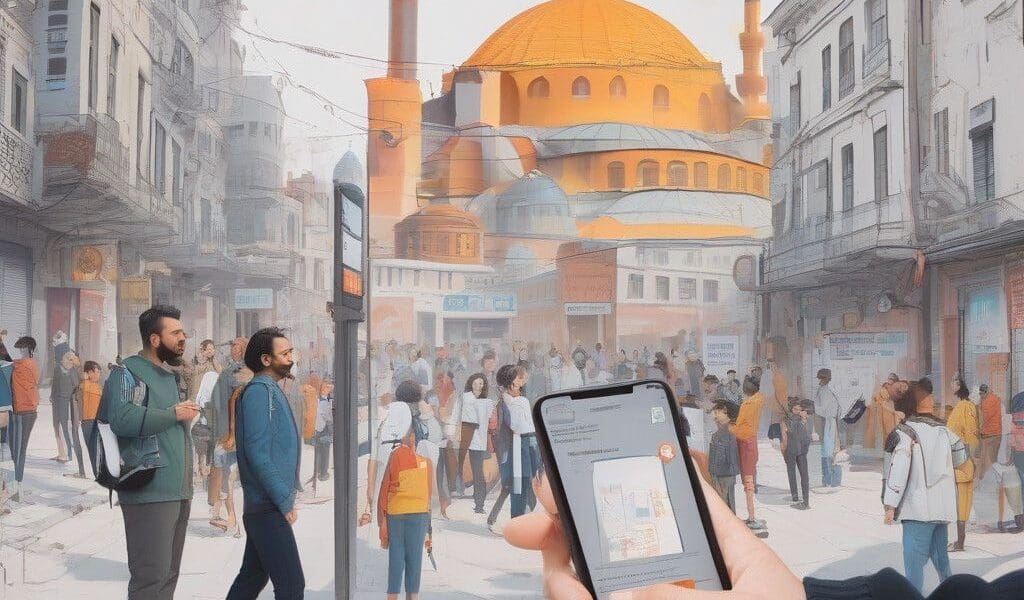Discord Banned in Turkey Following Court Ruling
Turkey’s decision to ban Discord, a popular messaging platform, highlights the ongoing tensions between digital platforms and regulations concerning safety and privacy. This action follows a court ruling that cited concerns about child sexual abuse and the platform’s refusal to comply with data-sharing requests.
The Ankara court’s decision emerged amidst growing public outrage after a tragic incident in Istanbul, where a 19-year-old murdered two women. Allegations surfaced that individuals on Discord had praised the act, prompting authorities to scrutinize the platform more closely. Turkish Justice Minister Yilmaz Tunc stated that there existed “sufficient suspicion” of illegal activities linked to Discord, asserting the need for legal action.
The Information Technologies and Communication Authority (ITCA) confirmed the ban, noting that the inability to monitor platform activities efficiently has become a significant challenge for security forces. Transport Minister Abdulkadir Uraloglu elaborated on this issue, stressing that monitoring platforms like Discord is difficult because law enforcement can only act upon user-reported content.
In addition, Discord’s refusal to release user data, such as IP addresses, escalated the situation. This reluctance has raised alarm within the Turkish government, leading to the court’s decisive action. Such refusal mirrors a trend seen in other countries, notably Russia, where Discord faced similar consequences due to non-compliance with local laws related to prohibited content.
Turkey’s move is not isolated. There has been a pattern of increasing scrutiny of social media platforms worldwide, focusing on how they handle various forms of content, especially concerning child safety. This scrutiny is exacerbated by tragic events like that in Istanbul, sparking fears about the platforms’ roles in facilitating harm or inciting violence.
The discussions around digital platforms, regulations, and user safety are complex. On one side, there is an urgent demand for protecting children and vulnerable communities from harmful content. On the other hand, there are concerns regarding privacy, freedom of expression, and the potential overreach of governmental control over online platforms.
The discourse spans much broader themes in digital governance, which includes balancing responsibility, regulation, and user rights. This challenging equilibrium increasingly occupies the focal point of policy discussions. Digital platforms must navigate these turbulent waters, often finding themselves at odds with governmental policies that aim to enhance safety but may inadvertently suppress freedom.
For instance, platforms like Discord argue that broad censorship can lead to the very issues governance seeks to eliminate. They contend that overreaching restrictions can stifle legitimate discourse, relegating individuals to less safe, less regulated corners of the digital landscape.
As Turkey’s ban on Discord unfolds, it serves as a pivotal case study. It is a bellwether for how countries worldwide might deal with the complexities of digital communication platforms amid rising concerns over security and legal compliance. Platforms that are pivotal for free expression and community formation could see themselves facing similar actions if they cannot ensure safety without infringing upon rights to privacy and expression.
With the court’s ruling now in effect, the users of Discord in Turkey find themselves cut off from their chosen platform for communication. The larger implications for technology, law, and user behavior remain to be fully understood, and similar actions in other jurisdictions can pave the way for a shifting digital landscape.
In conclusion, as the digital paradigm evolves, the responsibilities of platforms to protect users and the obligations of governments to enforce laws will continually interface. Stakeholders across the spectrum will need to engage in deeper dialogues about creating systems that respect both safety and rights in our interconnected world.








